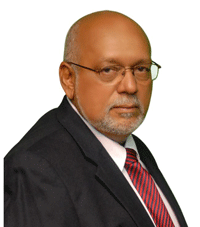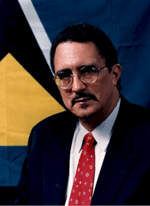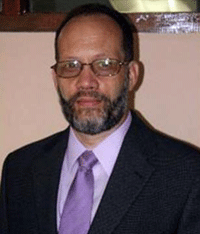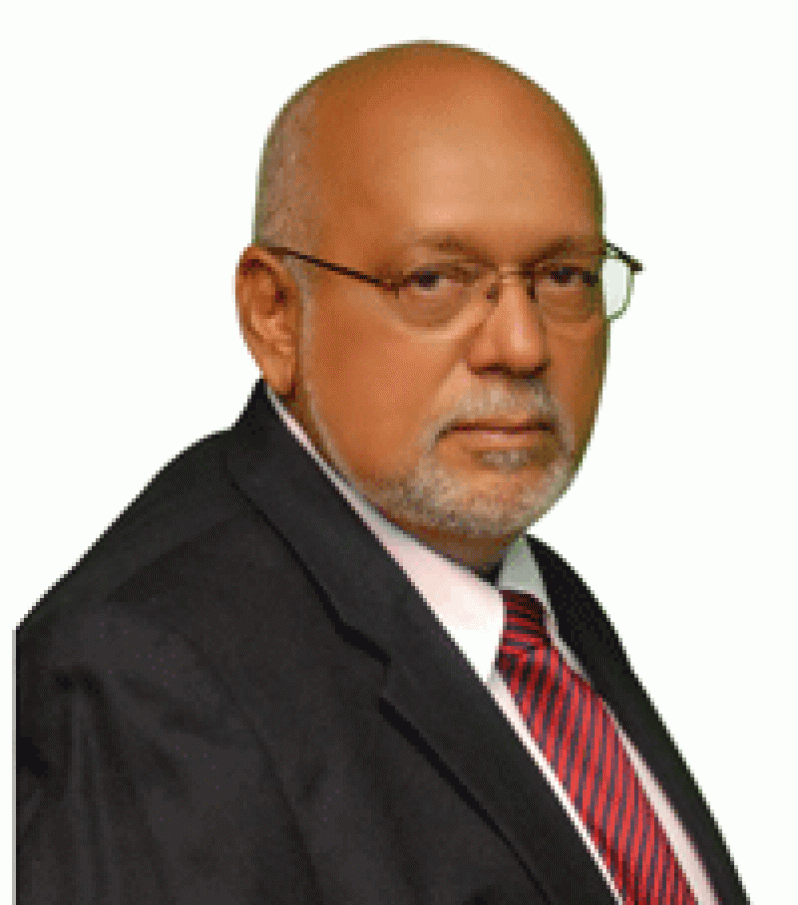THE 30TH Session of the Parliamentary Assembly of the 79-member African Caribbean and Pacific (ACP) group of states is scheduled to take place in Paramaribo, Suriname over two days this coming weekend, starting on Saturday.
This meeting of the tri-continental group’s parliamentarians will precede the ACP’s Seventh Summit of Heads of State and Government, scheduled for December 13-14 in
 |
 |
 |
Malabo, Equatorial Guinea, with a work agenda driven by the central theme: “The Future of the ACP Group in a Changing World—Challenges and Opporunities”.
Disappointingly, however, the 14 independent member countries of CARICOM—the regional economic integration movement that was quite influential in the inauguration of the ACP back in -1975–is likely to have low-level representations for both the meeting of parliamentarians in Suriname and the summit in Africa.
Disappointment lies in the reality that ALL governments, leading institutions, and representative civil society organisations so often passionately point to the serious challenges facing us as a sub-region, of what used to be categorized as the ‘Third World’.
Currently, like its partners in Africa and the Pacific, the Greater Caribbean bloc of states (including Cuba and the Dominican Republic) are struggling for survival in a worsening global environment of economic recession, political/military conflicts, expanding criminality and climbing joblessness, the latter quite acute among the region’s youth population.
It is, therefore, self-evident that this is the time for the Caribbean region to be more forthcoming in stimulating leadership commitment to deepen and widen the functions and representational profile of the ACP rather than, as it appears, to spread disillusionment and, worse, languishing in a retreat mode.
‘Georgetown Accord’
Having been founded in 1975 on the basis of what’s known as “The Georgetown Accord” to more effectively deal with trade and economic relations with the European Union (EU), successive governments of the ACP have come to be aware of the necessity to function in a wider international environment and, consequently, seek structured relationships such as, for instance, the powerful G-20 Group.
The ACP group of 79 countries (48 in Africa; 16 Caribbean and 15 Pacific) represent a population of some 2.5 Billion diverse peoples and vast resources, compared with the EU’s approximate 500 million population.
But the EU’s voice and influence are well represented at both the level of the G-8 group of powerful and wealthy nations as well as within the wider G-20, broadened in recent years to include Brazil and South Africa.
Need for wider and more effective involvement in a changing world is, clearly a priority challenge to be faced. It is, therefore, to the credit of the organizers of the forthcoming 7th ACP Summit to focus on a central theme of this nature.
And, having so miserably failed the Caribbean region by a shocking absence of Heads of State and Government at the Sixth ACP Summit in Ghana in 2008—notable exception being the then Surinamese President Ronald Venetiaan—it is to be expected that the CARICOM leaders would avoid any repetition of such political detachment, if not contempt, in preparation for next month’s 7th Summit in Equatorial Guinea.
Ramphal’s disappointment
Yesterday I sought a brief comment from Sir Shridath Ramphal on the Caribbean’s apparent lack-lustre attitude towards the coming ACP group’s parliamentary assembly as well as the 7th summit in Africa.
After all, his was, and remains a most authentic and influential ‘Caribbean voice” and quite an instrumental personality in the framing of the ‘Georgetown Accord’ – as a creative functional tool in dealing with the EU on the basis of the then Lome Convention:
“I am absolutely appalled”, he said, “to learn of the negligible response from CARICOM to these meetings of the ACP group of nations…The Caribbean has an obligation to be in the forefront of participation in these significant ACP events rather than, as it appears, being in retreat…”
Well, while a number of CARICOM governments are faced with serious domestic social and economic as well as political problems, none of these are said to be so acute as to deter quite a few of them from demonstrating scant interest in ensuring at least reasonable representational involvement in either this weekend’s Parliamentary Assembly meeting in Suriname or the ACP Summit next month in Equatorial Guinea.
Incidentally, within the ACP group of nations, there are, for the first time, three women Heads of Government, two of whom are from the Caribbean: They are Trinidad and Tobago’s Prime Minister Kamla Persad-Bissssar; Jamaica’s Prime Minister Portia Simpson-Miller, and Malawi’s President Joyce Banda. As of earlier this week however, none among them has yet signalled to the summit organizers a likely presence for the summit.
Guyana’s President Donald Ramotar is listed to address the ACP’s Parliamentary Assembly opening session on Saturday. Question of relevance is – whether either or both the CARICOM chairman, Prime Minister Kenny Anthony of St Lucia, or the Community’s Secretary General, Irwin La Rocque would show up for next month’s 7th ACP Summit in Africa?



.jpg)








